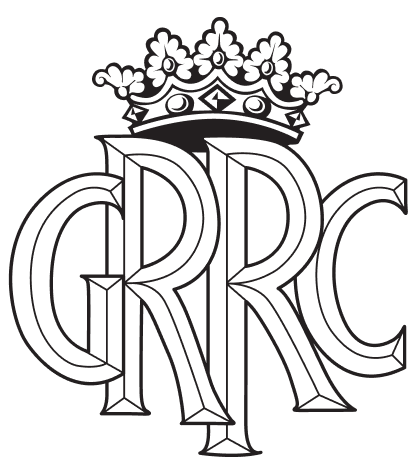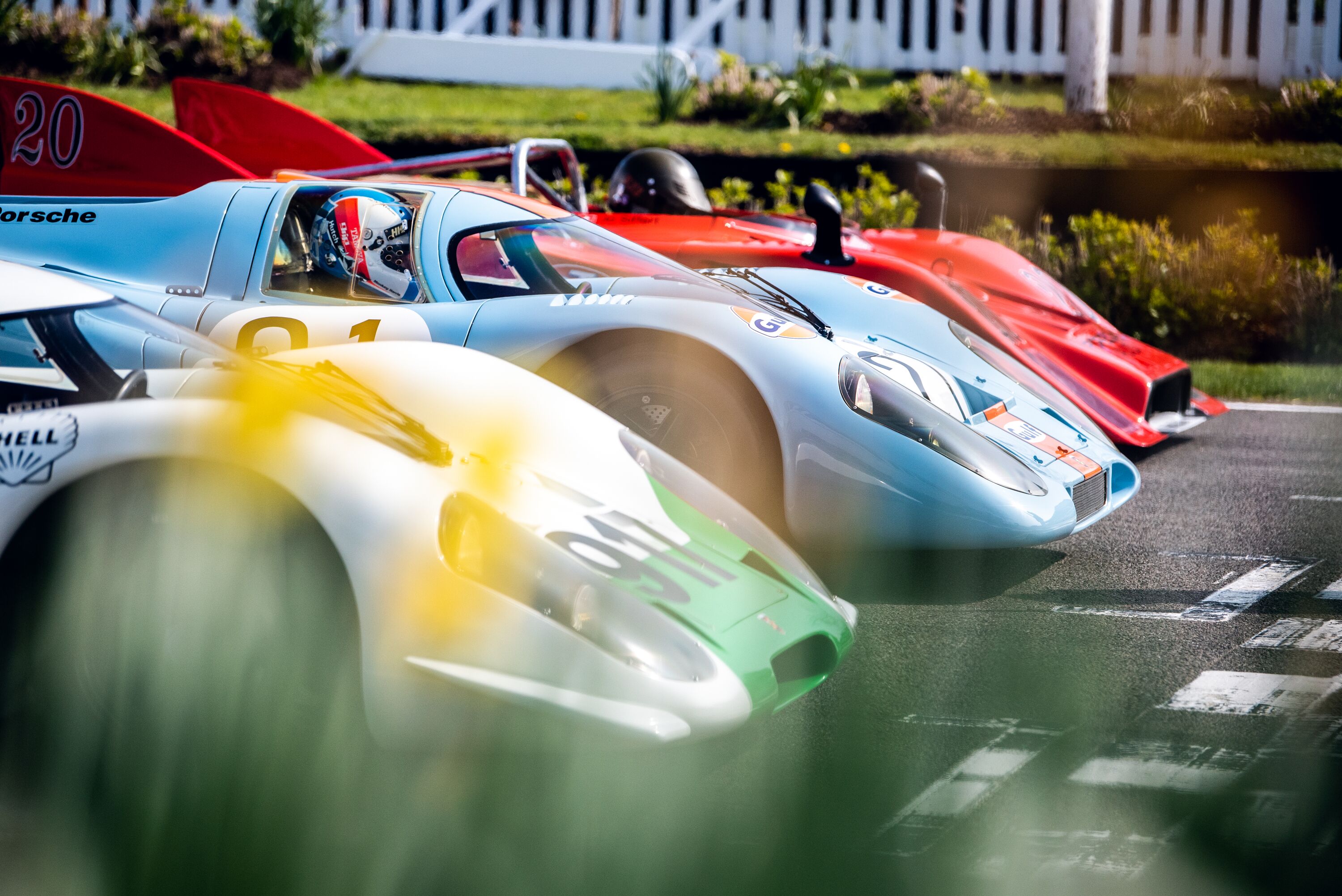Top 8 cars named after the weather
It’s often said that the weather is the national conversation in Britain, but it’s also a lingua franca in the car world. Though some are far, far more obvious than others, various different weather phenomena actually make up a great number of car names. Some manufacturers have even used the weather to name entire line-ups.
So, while it’s inclement, and the cold-depths of January mean that a fleeting thought as to how cold it is outside is never far away, we decided it might be a good time to have a look at some of these four-wheeled tropospheric tributes. Did we miss your favourite?

Maserati Ghibli
The Ghibli story begins in the late 1960s, not as the four-door executive saloon we know (and will soon be waving goodbye to) today, but as an epically proportioned 2+2 grand tourer with V8 power. Its changing form factor over three generations, becoming a blocky two-door coupe in the 1990s before its emergence as a saloon, maybe could have swayed Maserati bosses to give each one of the three different generations a different name, but the ‘Ghibli’ moniker stuck around. The Ghibli in meteorological terms is a hot, dry wind that sweeps across the Libyan desert. Maserati started naming its cars after different winds with the Mistral, and continued the tradition with the Bora, Karif, Khamsin and the Shamal.

Lister Storm
The Lister Storm’s somewhat unique place in history isn’t defined by its excellent name, but rather its design. At first glance you may think that it’s a typical, large, mid-engined homologation special of the '90s, but its enormous 7.0-litre Jaguar V12 is actually mounted far back in the low, aerodynamic nose, making space for a 2+2 seating layout in road car versions. An imposing looking, interestingly designed, and incredible sounding machine, then. And multiple Le Mans failures aside, it was rapid in British GT and FIA GT championships around the turn of the millennium. But the roadgoing Storm was little more than a storm in a teacup, with only four produced.

Renault Wind
Obviously, the Renault Wind’s name was not meant to be humorous, but it was the most fun part of what was, a disappointing car. The Wind emerged in 2010 as a new, small, affordable, two-seat convertible right around the time the firm’s Renaultsport division was at its very best. And Renaultsport had a helping hand in the Wind’s development, too. It borrowed the stiff chassis of the Renaultsport Clio, but utilised the engines of the smaller Twingo, with a ‘hot’ 1.6-litre version developing 133PS (98kW) available alongside a turbocharged 1.2-litre. It never quite became a front-wheel-drive rival for the Mazda MX-5 though, managing only three years on sale before being pulled.

Volkswagen Scirocco
Like Maserati, Volkswagen also has a habit of using the weather and other natural phenomena to name some of its cars. The Scirocco coupe is probably one of the more obvious ones, taking its name from the Scirocco winds. Interestingly, there’s some overlap here with the Maserati Ghibli – the Ghibi being one of the phenomena recorded as part of the Scirocco. Elsewhere in VW’s nomenclature, the Jetta taking its name from the German for jet stream, Passat from the German “passatwinde”, meaning trade winds, while the evergreen Golf references not the game, but instead the Gulf Stream.

Lamborghini Huracan
An Italian supercar powerhouse, but famous for using Spanish names, Lamborghini’s past is littered with models taking their alias from the world of bullfighting. At first glance, you might think that the Huracan bucks that trend, and while the direct translation from Spanish means Hurricane, it’s not actually a reference to a tropical storm. Instead, the Huracan is named after a famous and legendary fighting bull, in a similar way to its predecessor – the Gallardo was named after a particular type of bull.

Pagani Zonda
Winds seem to make for popular choices as car names, but the mid-engined, AMG V12 powered Zonda is probably the most exotic car on this list to have a breezy branding. It was originally meant to be called the Fangio F1, in honour of five-time Formula 1 champion Juan Manuel Fangio. But it hit the road wearing the Zonda badge, the Zonda being a local Argentinian term for the winds that sweep across the eastern slopes of the Andes. Pagani continued the theme with the Huayra – a Quechuan word for wind.

Rolls-Royce Silver Cloud
Among the myriad impressive names littered throughout the history of Rolls-Royce, one name sticks out for its somewhat downbeat connotations. Ok, the saying ‘every cloud has a silver lining’ is obviously meant to point to positives, but grey, cloudy weather is far from the luxurious, beautiful and comfortable brand image Rolls has cultivated for decades. Of course, the gilded part of the name was more common back during the ‘entry-level’ Silver Cloud’s production run, spanning from 1955 to 1966. In fact, five baby-Rolls’ in a row made use of the ‘Silver’ prefix until the Ghost’s arrival in 2010. We can’t help but feel that Dawn – though technically not a reference to the weather – is a more aspirational and warming natural phenomena from the brand’s storied nomenclature.

Nissan Sunny
There’s not much to read in to here. The Nissan Sunny is called the Sunny, because it’s a nice name referencing nice, pleasant, sunny weather. A near universally appreciated meteorological state. Simple as that. In fact, it was chosen after Nissan ran a campaign asking the general public in Japan for some assistance in choosing a name for its new, affordable family car. Little by little, the brand peeled back more and more details about the new model in newspaper advertisements, calling for readers to write in with their name suggestions. Almost nine million entries were received, with Sunny chosen on the basis of its positive connotations. It was a name that lasted, in one way or another, for 40 years on a myriad of Nissan and Datsun models across different markets. The Sunny's best showing must have come in the early '90s though, in the form of the wild-looking Sunny GTI-R Group A homologation special. It wore the Pulsar GTI-R badge in Britain, though.
List
Nissan
Lister
Lamborghini
Maserati
Rolls-Royce
Pagani
Volkswagen
Renault





